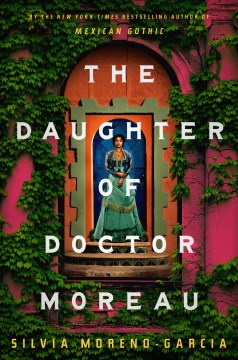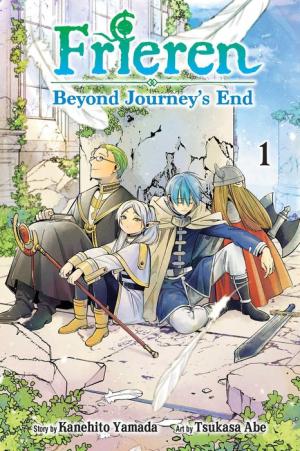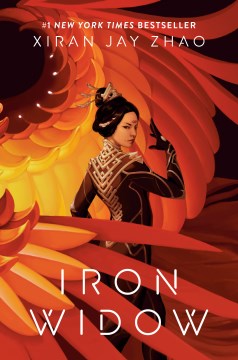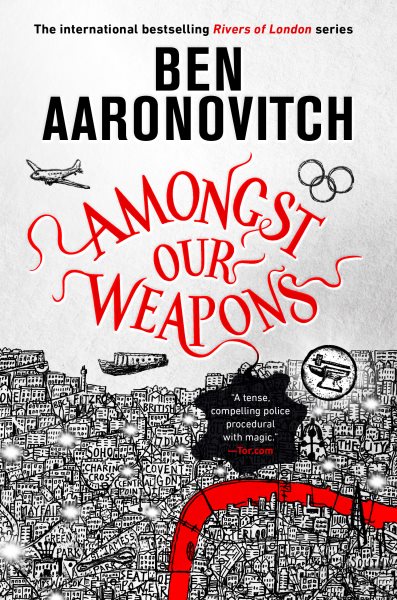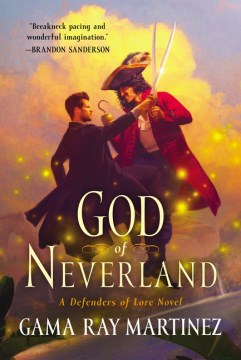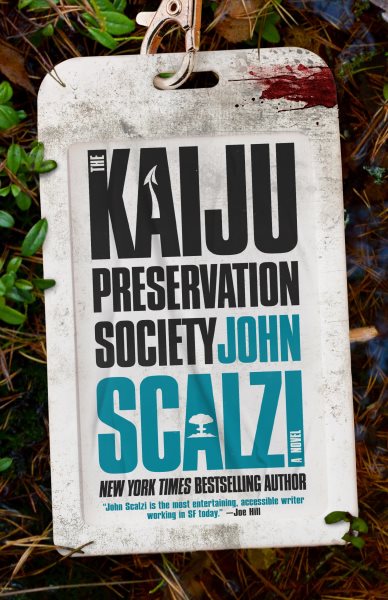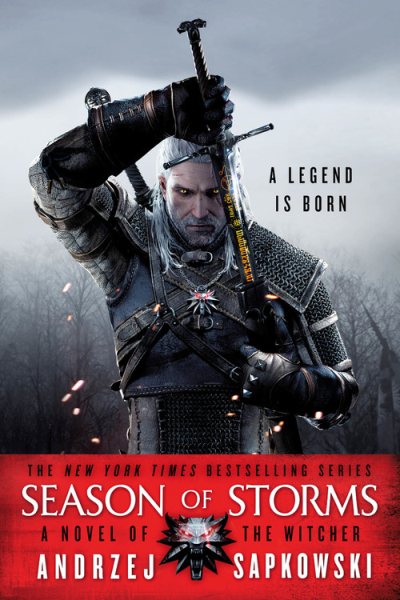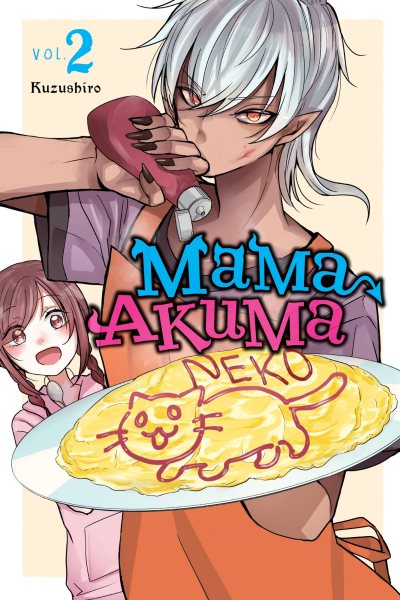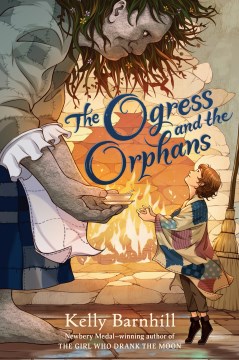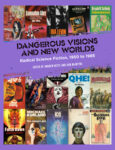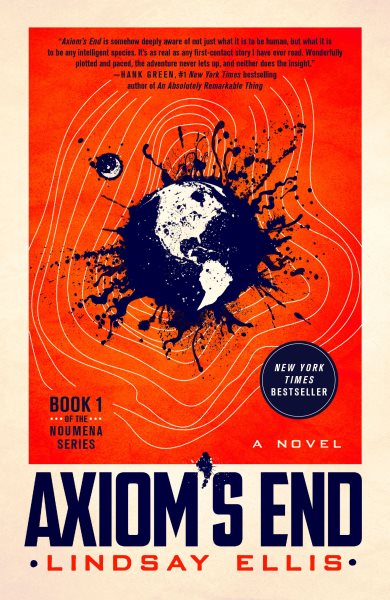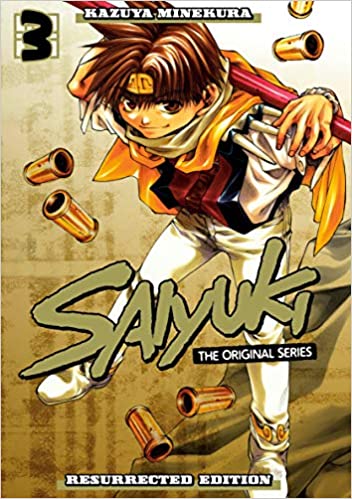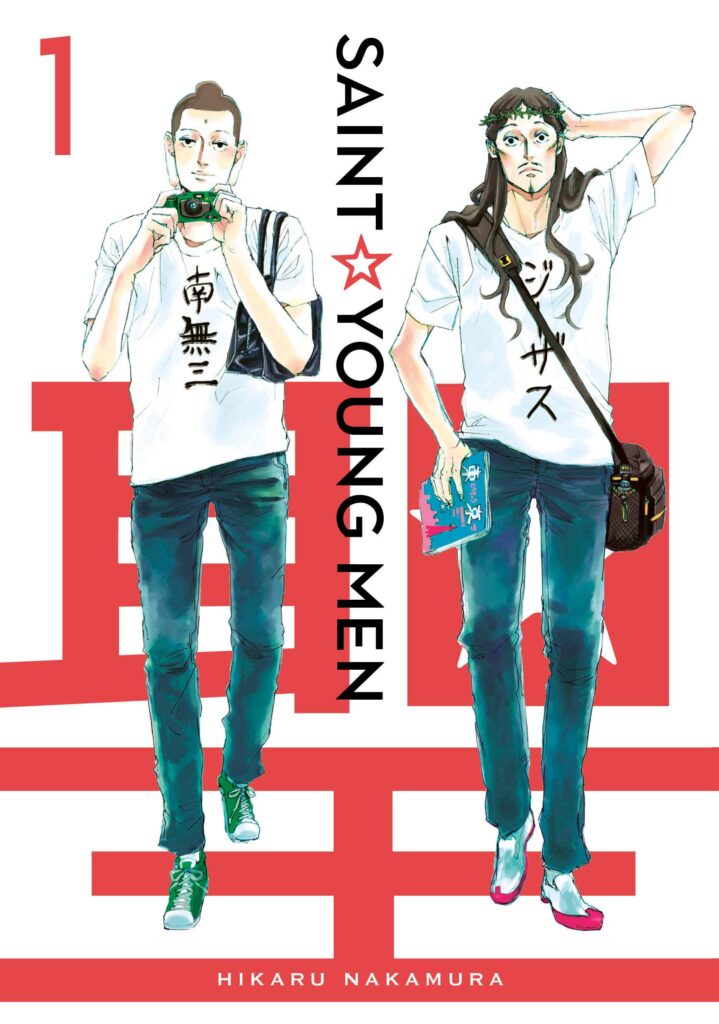English-speaking fans of speculative fiction have been barely aware of the contributions to the genre from China. By the time The Three Body Problem by Cixin Liu was translated into English, it had already been widely popular in Asia for almost ten years. The excellent translation by Ken Liu, who has his own body of F/SF work in English, was an enormous success, and became the first Asian novel to win a Hugo Award, in 2015. This was followed by Ken Liu’s translations of the other novels in Cixin Liu’s “Remembrance of the Earth’s Past” trilogy. Most recently there is a short story collection called The Wandering Earth, translated by five different people, including Ken Liu.
Now there seems to be a small wave of fantasy novels from China. Strange Beasts of China by Yan Ge (translated by Jeremy Tiang) is series of interconnected stories about a cryptozoologist who investigates encounters between humans and various types of “beasts,” who usually appear human but are eventually revealed to have strange and often fatal habits. (On an oddly similar note, from Korea comes The Cabinet by Un-Su Kim (translated by Sean Lin Halbert), an interconnected series of short stories detailing encounters, mostly by phone, between people with odd abilities and the rather boring office worker in charge of the filing cabinet where their cases are catalogued.) Both books are full of metaphor exploring what it means to be human, and offer pointed, barely-concealed criticism of those who call themselves human. Both are also deeply weird.
Death Fugue by Sheng Keyi (translated by Shelly Bryant) is the story of a poet who grows away from his exciting youth as a protestor and into an unhappy and emotionally distant man seeking empty sexual encounters. The event he protested, the appearance of a “nine-story pile of excrement” in the town square, is clearly a metaphor for the events in Tiananmen Square. The narrative seamlessly and beautifully switches timelines between his past and a present in which he seems to have stumbled into a sort of utopia. This “dystopian meditation on art and freedom” was supposedly banned in China.
Perhaps if one wants to try to understand a culture through its speculative fiction, it might be better to go for the fun stuff, though at this point that is hard to find. I am having a lot of fun with Grandmaster of Demonic Cultivation and Heaven Official’s Blessing by Mo Xiang Tong Xiu (translated by Suika). But I suspect that neither of these actually qualifies as great literature. I also quite enjoyed Julia Lovell’s translation of Monkey King: Journey to the West by Wu Cheng’En. At least no one can argue that a retelling, even vastly abridged, of a 400-year-old Chinese classic tale, doesn’t count as important literature.
These books are all expertly translated and (mostly) seem to me to be intended as high literary works of fiction, more like “magical realism” than belonging to the genre we call fantasy. They are all beautifully written and inexplicably surreal, leaving me wondering whether they are representative of Chinese thought or amazing works from creatively demented outsiders.
